An attorney speaking for Texas’ controversial S.B. 4 ruling told a federal appeals court that the state’s legislators “maybe went too far” when making and passing the law last year.
The law has been paused for now, but it’s more and more likely that the case will end up being judged before the U.S. Supreme Court.
“Went Too Far”

The “went too far” admission was made at the second hearing before a 5th U.S. Circuit Court of Appeals on Wednesday. A three-judge panel was going to determine whether S.B. (Senate Bill) 4 could go into effect.
Texas Governor Greg Abbott signed the law last December. But it was met with legal challenges, particularly by the Biden administration and immigration advocacy groups. On Wednesday, the current federal administration’s and the Lone Star state’s lawyers battled it out once again.
Texas vs. The United States
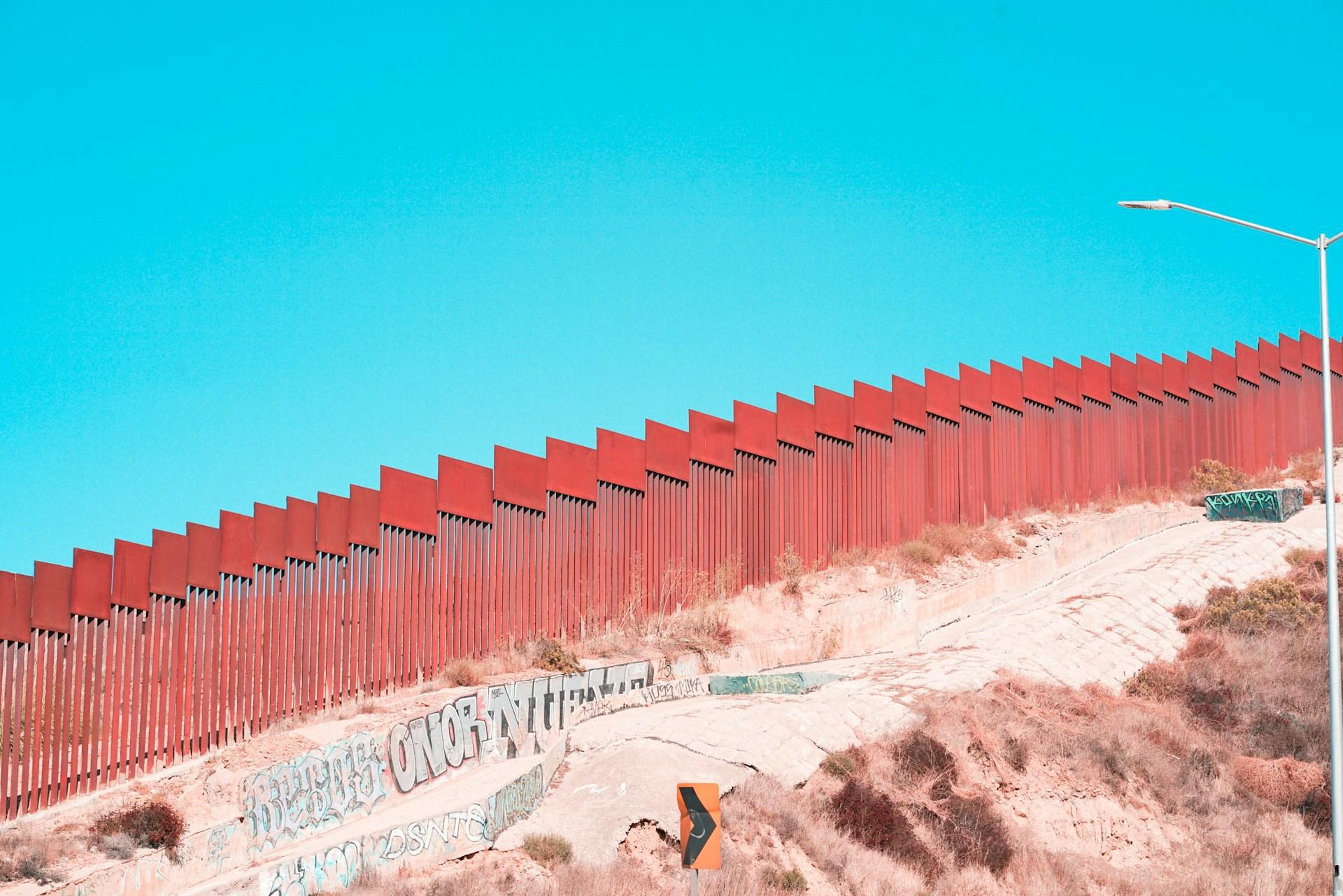
The federal government felt S.B. 4 was “unconstitutional;” it challenged the federal government’s long-standing power to set immigration rules. The federal government has always been the one to decide who gets to enter the country and who doesn’t.
But Texas was arguing their state was only trying to help the U.S. government deal with the current migration crisis along the U.S.-Mexico border. Texas Solicitor General Aaron Nielson seemed to be cushioning his argument to the Court of Appeals by admitting the lawmakers’ overzealousness.
The Lawyer’s Words
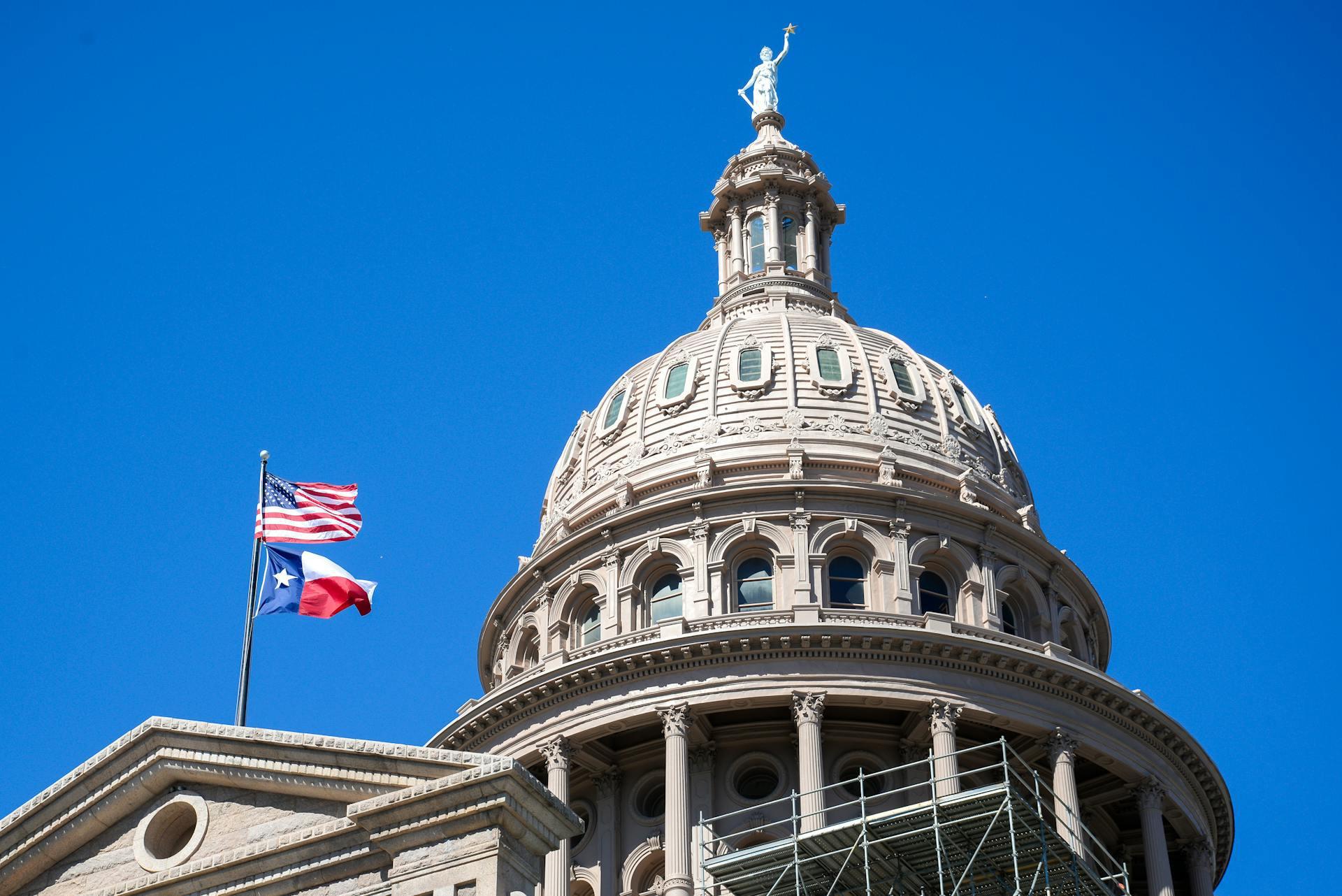
He told the court, “To be fair, maybe Texas went too far, that’s the question this court is going to have to decide.”
He went on to say, ”Texas has looked at the Supreme Court precedent, and the laws that Congress has enacted, and has tried to develop a law that goes up to the edge, but no further.”
Back to Mexico
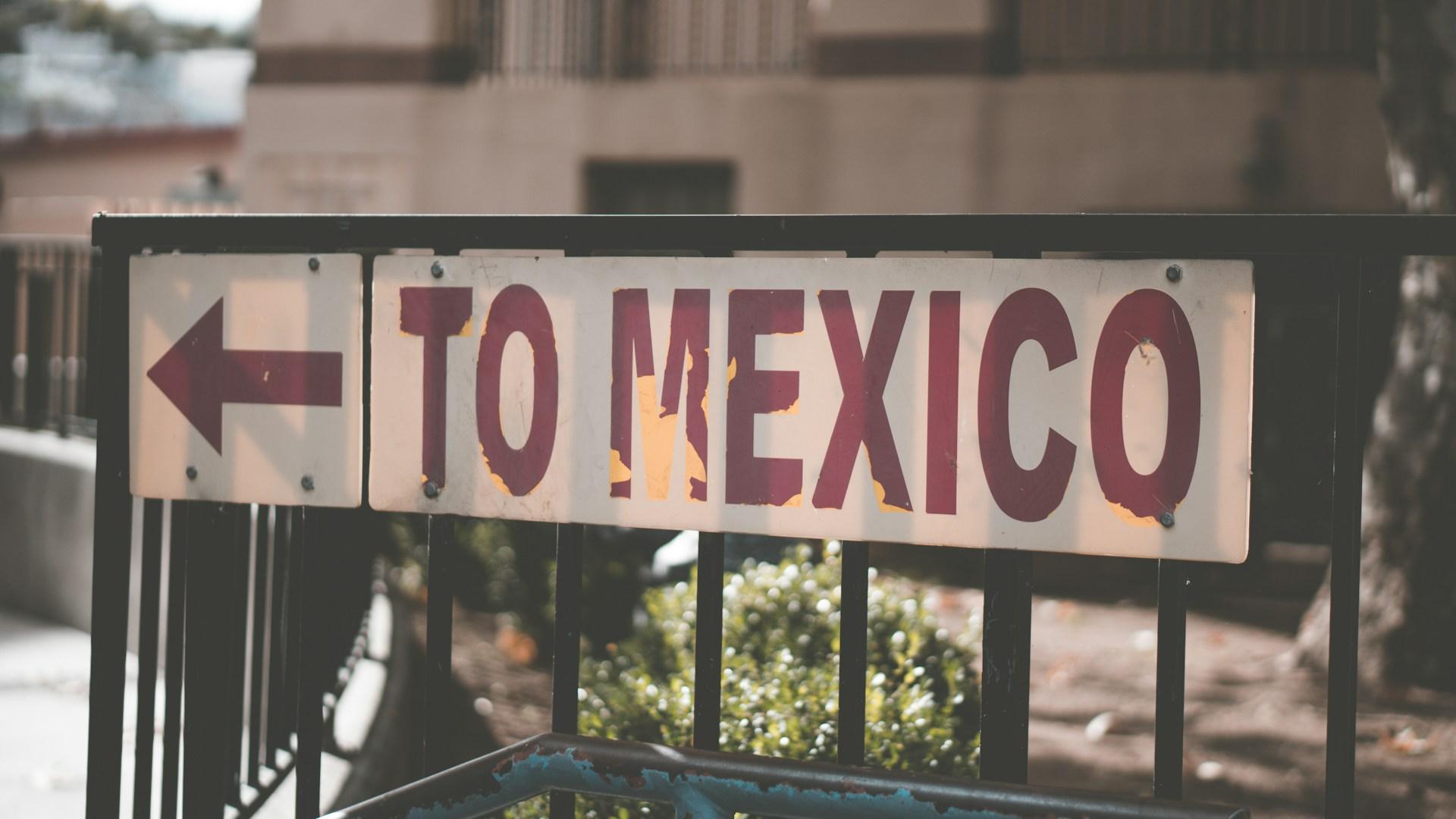
If S.B. 4 were enforced, local police would be allowed to arrest anyone believed to be entering Texas illegally. State judges would then be able to deport these illegal migrants back to Mexico.
The implementation of this law was called into question before, with many asking how it would even be enforced. After all, Mexico’s Foreign Ministry had already declared it would not accept deportations made by Texas “under any circumstances.”
Working With Federal Partners
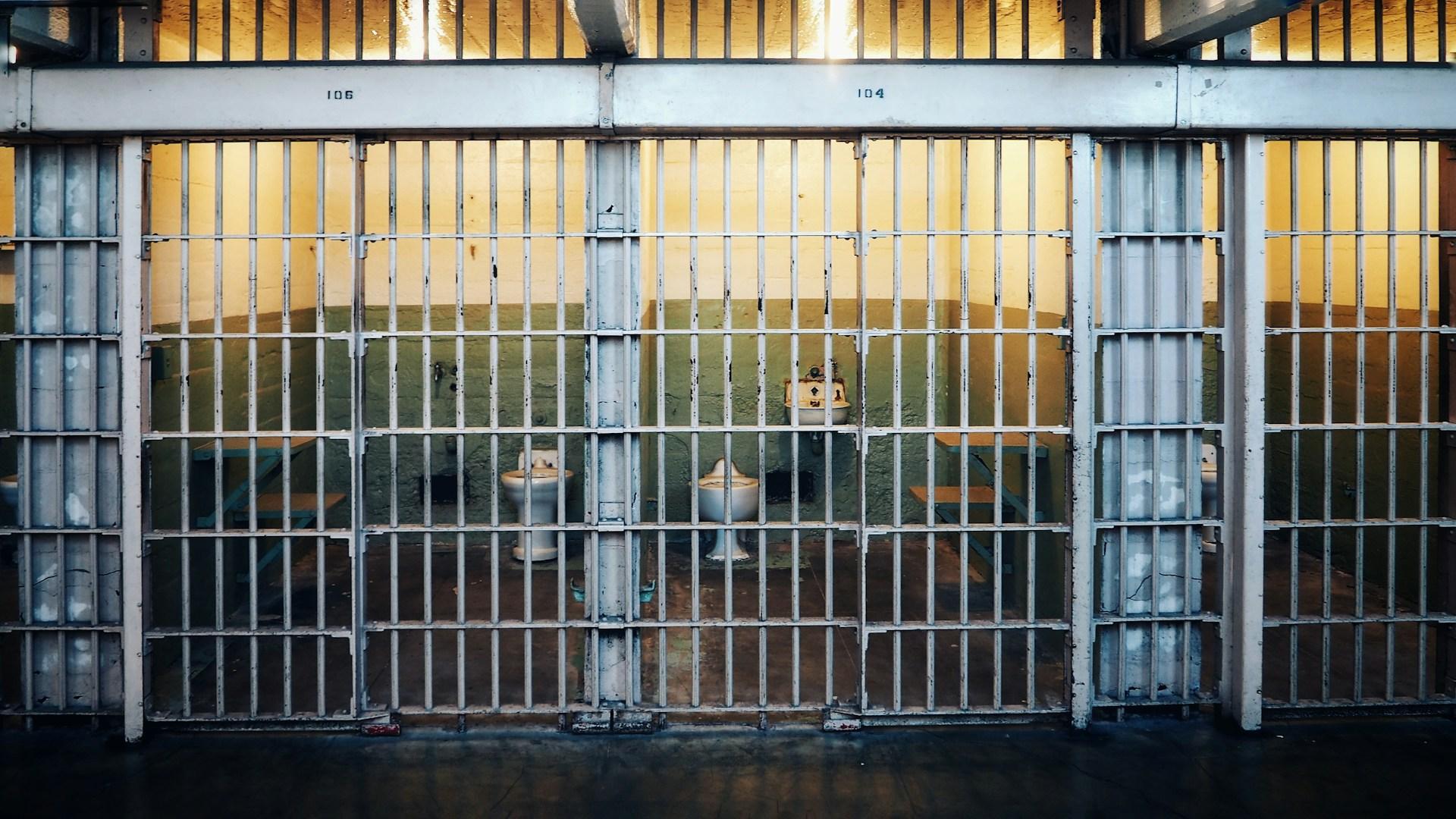
Moreover, if they were arrested for illegal border crossing, the migrants would face a Class B misdemeanor, with a maximum sentence of 6 months in jail.
The Feds see this as stepping on their toes with regards to immigration enforcement. But Nielson argued local authorities would work with federal partners if S.B. 4 were implemented. Texas authorities, he said, would turn over migrants to official border entry ports and leave the next steps to federal authorities.
Skeptical Judges
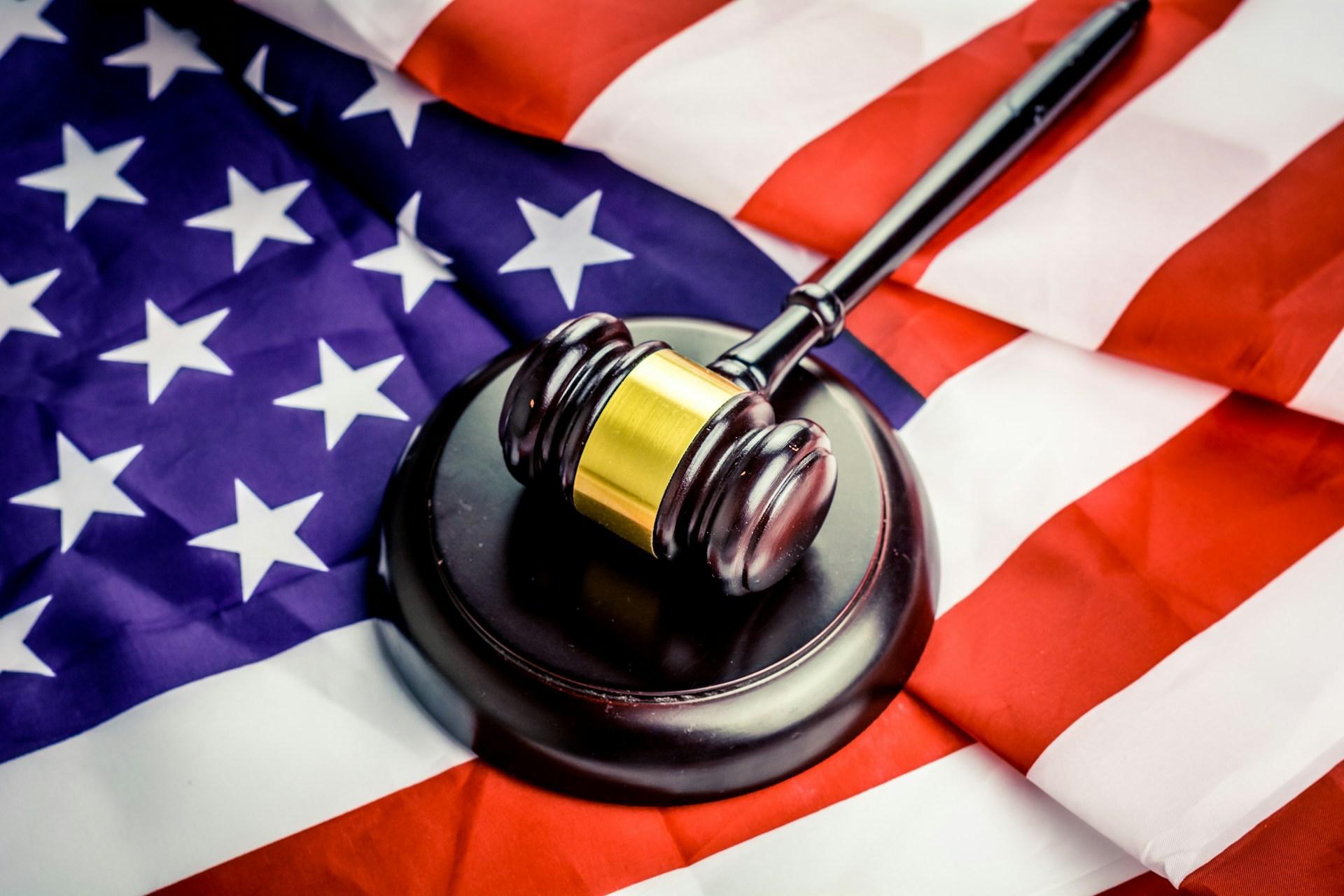
But the Chief Judge, Priscilla Richman (nominated by George W. Bush), remained skeptical when Nielson couldn’t immediately answer or explain how local authorities would interpret the law. Richman headed this panel that decided to pause the law after the U.S. Supreme Court allowed it to go ahead briefly.
Siding with her was Judge Irma Carrillo Ramirez, nominated by Biden. “For nearly 150 years, the Supreme Court has held that the power to control immigration—the entry, admission, and removal of noncitizens—is exclusively a federal power,” she wrote in a Marc 27 opinion.
The Dissent Among Judges
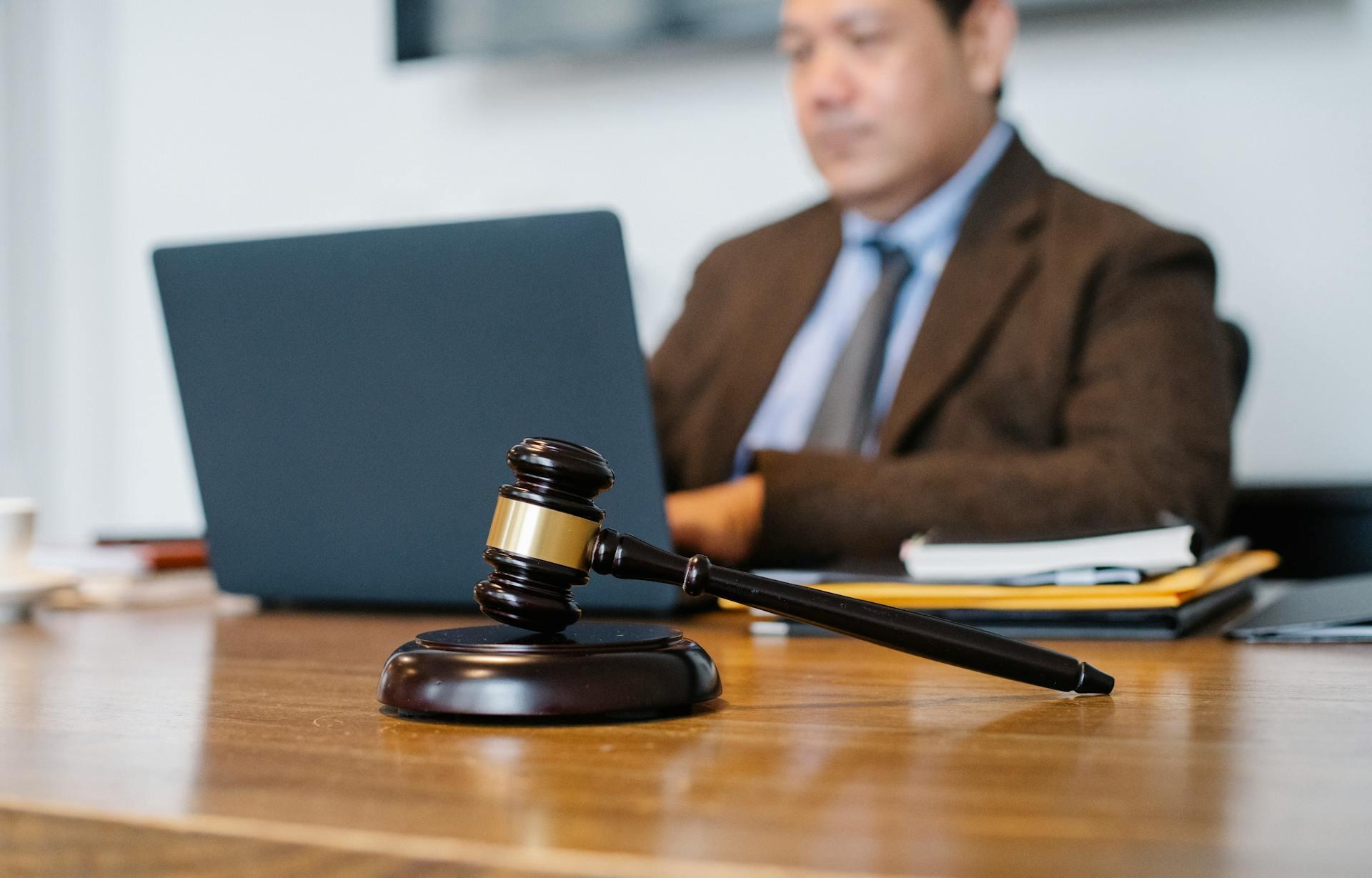
In the three-paneled judge, only the Trump-nominated Judge Andrew S. Oldham has consistently voted for the law to go into effect, despite the debate surrounding how constitutional it was.
He didn’t believe the law was unconstitutional. At Wednesday’s hearing, he remarked, “Never in the history of the nation has the United States achieved what they’ve achieved in this case, which is a facial invalidation of a statute that never went into effect. It’s an extraordinary achievement that the United States has won.”
Erase One but Not All

Nielson insisted that S.B. 4 is a necessary response to ensure immigration laws are being enforced — something Texas felt the Biden administration is ignoring. He made a jab at Biden saying, ”Of course, we know that presidents come and go, and different administrations might very well enforce federal law differently.”
Nielson also argued that, if the federal appeals court objected to several parts of S.B. 4, the best move would be to “sever” those parts. The wrong move would be to block the law entirely.
All the Way to Supreme Court
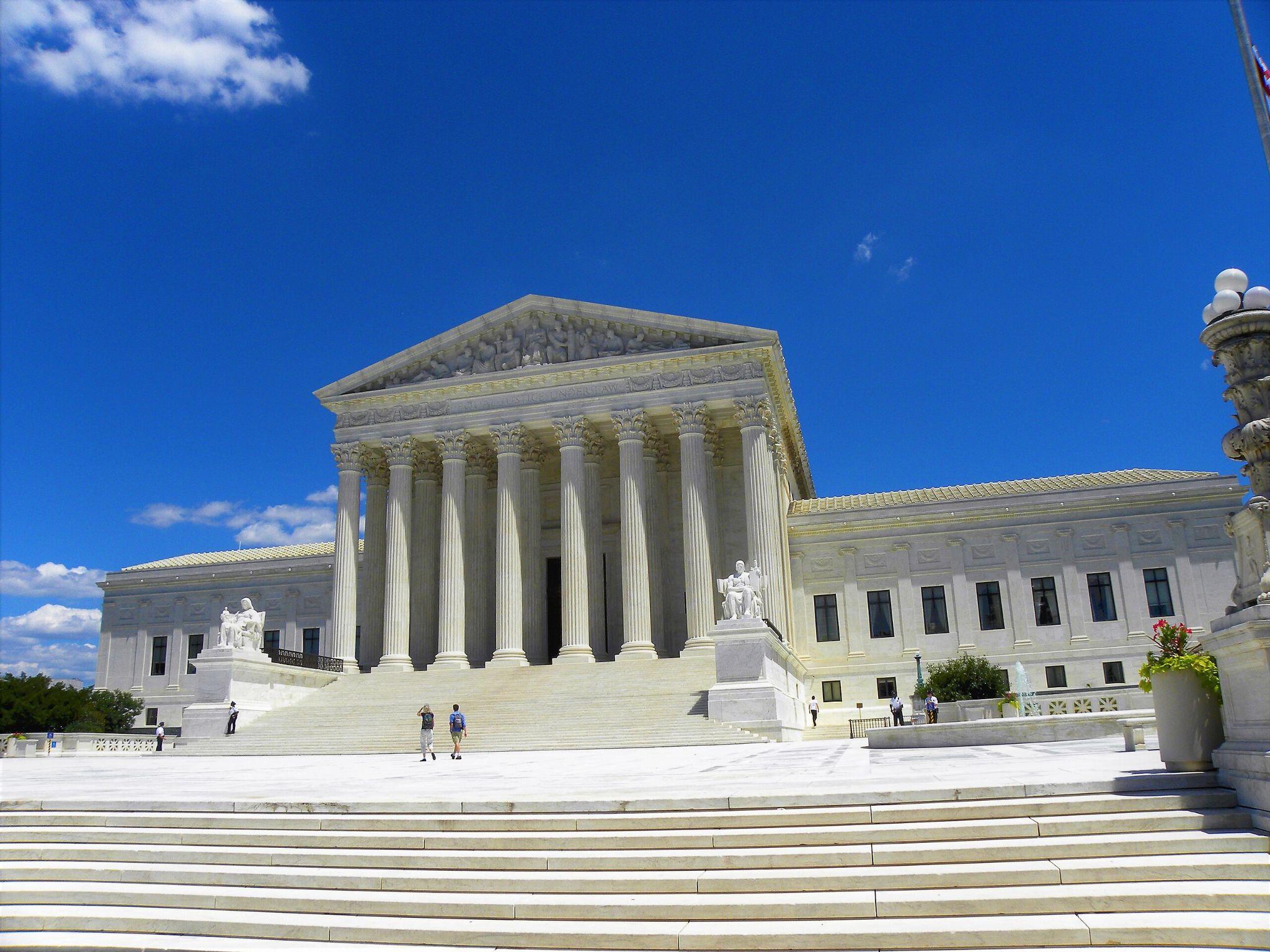
The ongoing legal drama regarding S.B. 4 doesn’t seem like it’s stopping anytime soon. A Texas immigration lawyer, Vanessa Ruiz, suggested the law might be tied up in courts for some time.
She told The Daily Beast, “This is going to go all the way to the Supreme Court again. Nobody can come to a conclusion. No matter what, the other side is going to appeal.”
Arizona 2012
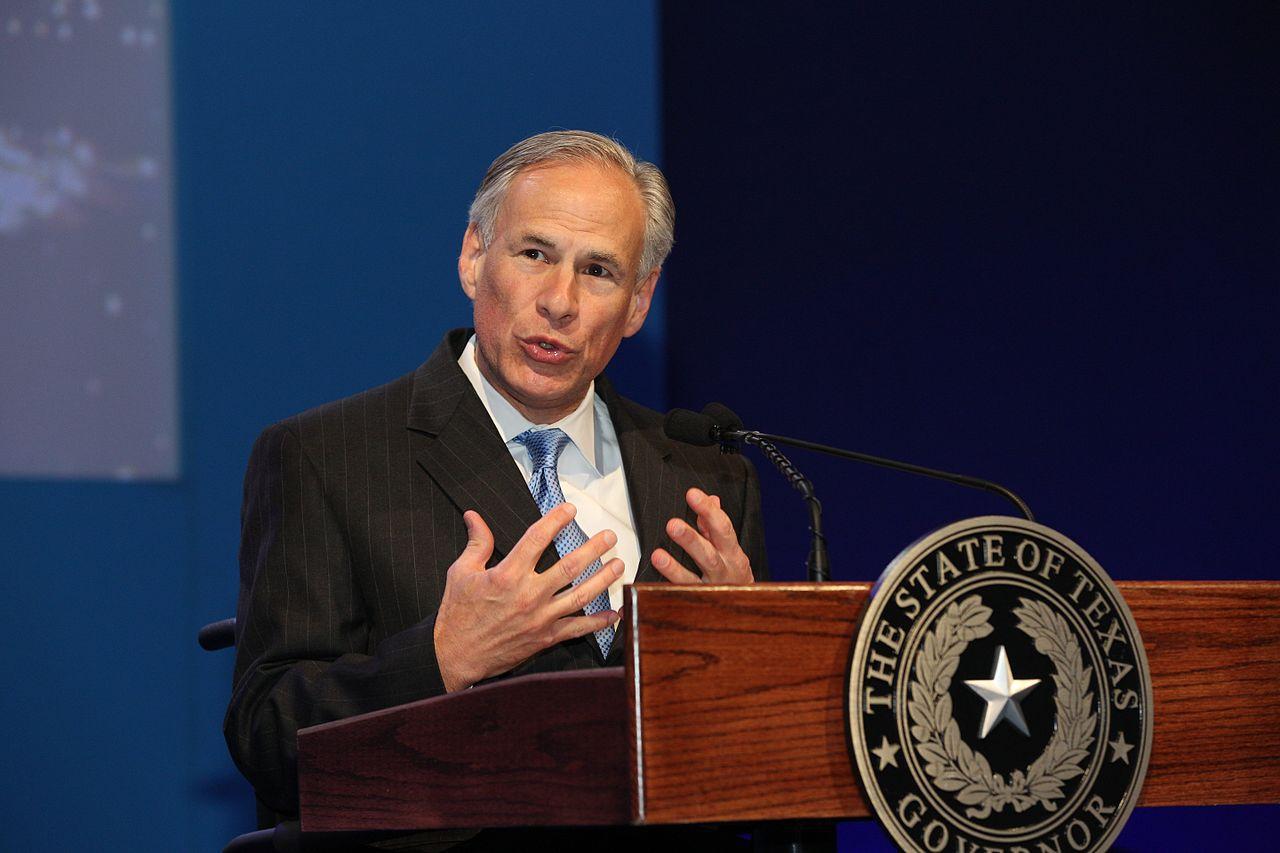
The debate over S.B. 4 ruling is viewed by many as reminiscent of Arizona’s 2012 attempt at deterring illegal immigration. Referred to as the “show me your papers” law, it was nonetheless struck down by the Supreme Court. Texas’ aim was to overturn the decision in that case.
When Governor Abbott signed the law, he had a feeling this issue would end up back at the Supreme Court. He told CNN, “We think that Texas already has the constitutional authority to do this, but we also welcome a Supreme Court decision that would overturn the precedent set in the Arizona case.”
Civil Rights Groups’ Reaction
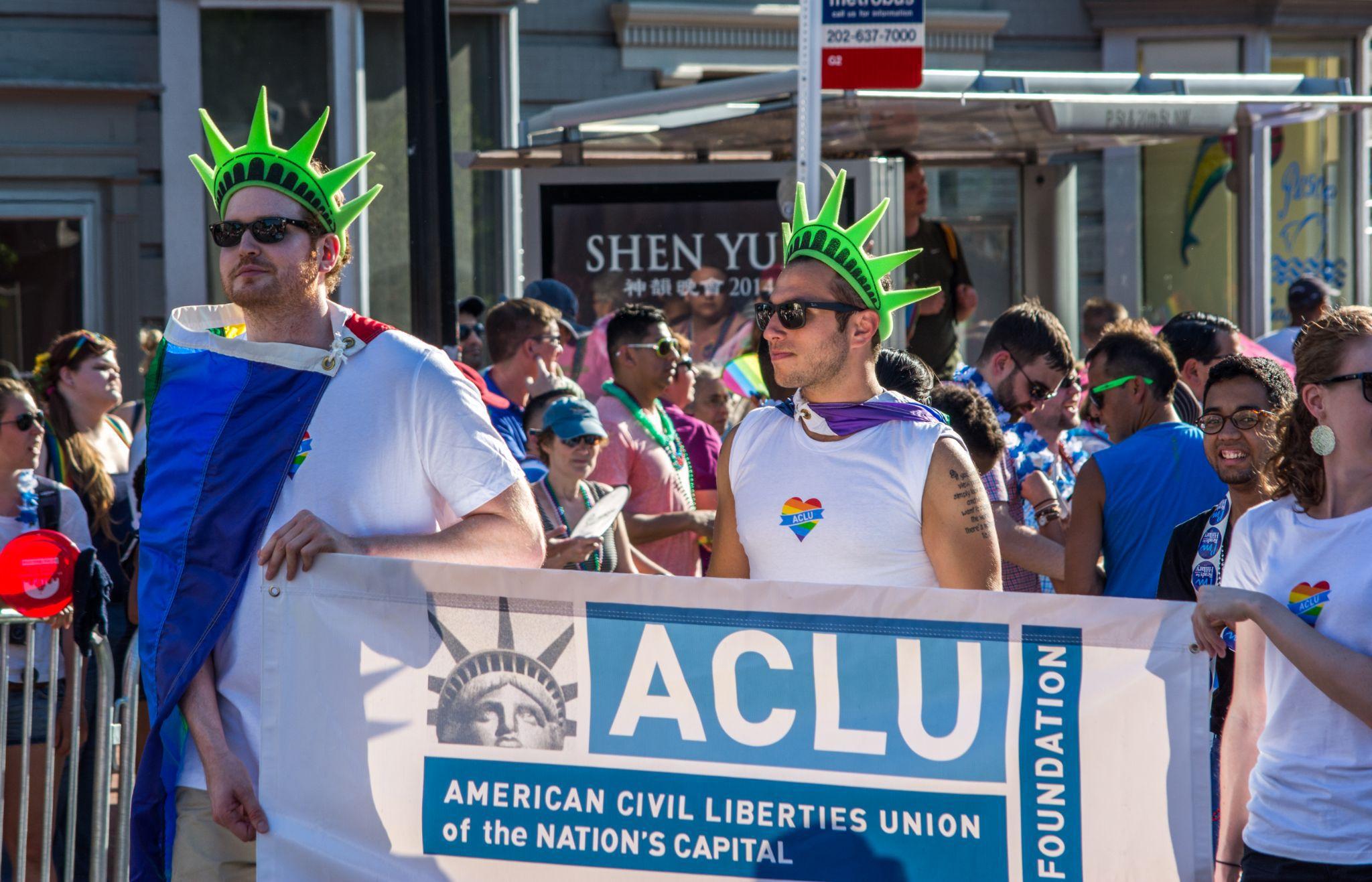
Still, civil rights groups are opposing the Texas law. Daniel Hatoum of the Texas Civil Rights Project called S.B. 4 “an unconstitutional, xenophobic, political stunt.” He thought Americans “deserve better than over-policing.”
A rep from the American Civil Liberties Union was more concerned with how the U.S. would control immigration. ACLU’s Cody Wofsy said, “It’s vital for the federal government to be able to control it as one system instead of a patchwork from 50 different states.”
